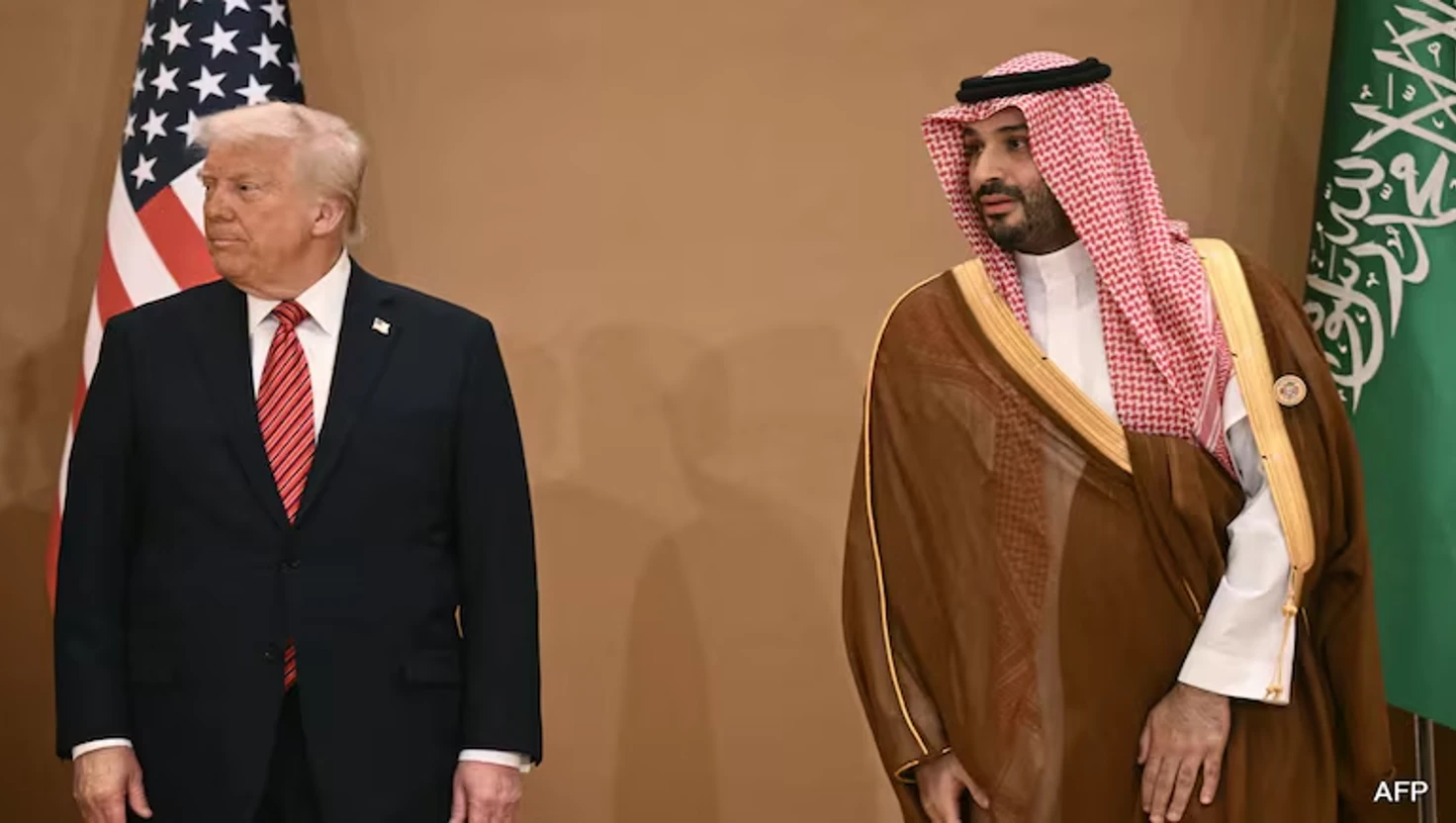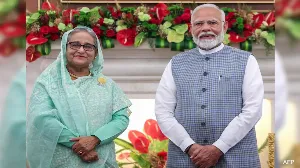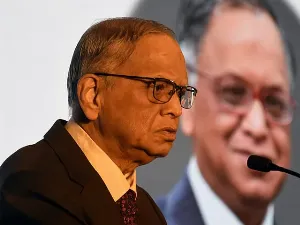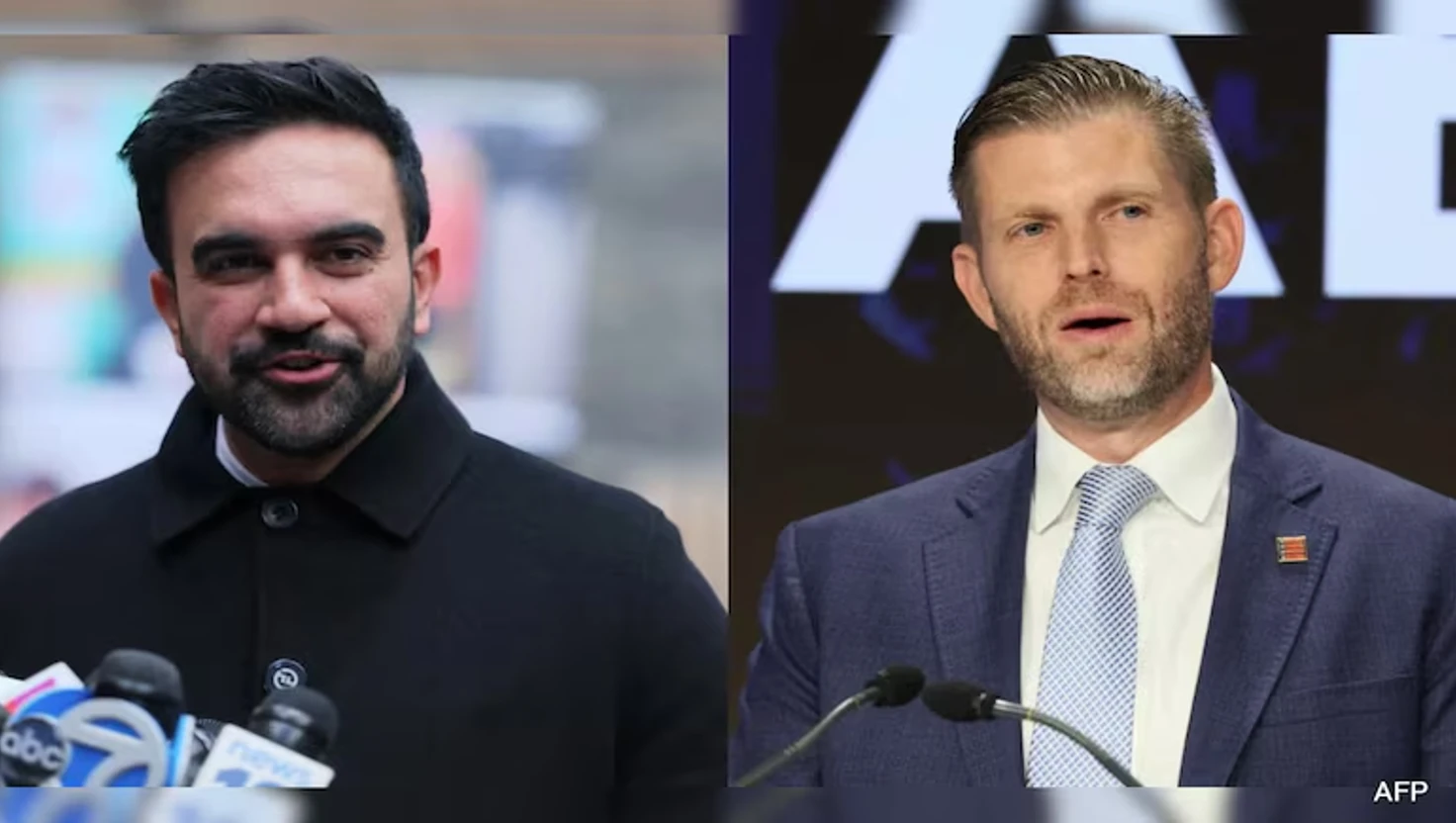Saudi Crown Prince Mohammed bin Salman Visits White House Amid Controversy

Crown Prince Mohammed bin Salman of Saudi Arabia is set to meet with President Donald Trump at the White House, marking his first official visit to the United States since the assassination of journalist Jamal Khashoggi in 2018. The meeting is seen as a crucial moment for the crown prince, who has faced considerable international criticism and diplomatic isolation since the incident.
The crown prince, often referred to as MBS, has been a polarising figure on the global stage, viewed by some as a reformist and by others as a despotic leader. After Khashoggi's murder, which the Central Intelligence Agency (CIA) reportedly attributed to bin Salman, the prince's reputation suffered significantly. However, he has since attempted to re-establish his position within the international community.
During a previous visit to Saudi Arabia in 2022, then-President Joe Biden controversially greeted bin Salman with a fist bump, a gesture that drew widespread attention and criticism. Bin Salman had publicly stated in 2019 that he accepted “full responsibility” for Khashoggi's death but denied ordering it.
Michael Wahid Hanna, director of the U.S. programme at the International Crisis Group, commented on bin Salman’s evolving role, stating, “He’s a different kind of figure now... it’s a changed moment.” This visit is expected to symbolise a step towards reintegration into global diplomacy for the crown prince.
Trump and bin Salman are anticipated to formalise several agreements, particularly in the areas of economics and defence. Ahead of the visit, Trump indicated his willingness to consider the sale of F-35 stealth fighter jets to Saudi Arabia, a decision that could have far-reaching implications for military power dynamics in the Middle East.
Experts caution that while such a sale might be announced, the actual delivery of the jets may face complications. Andrew Leber, a nonresident fellow at the Carnegie Endowment for International Peace, noted that similar agreements, such as one with the United Arab Emirates, have previously fallen through due to concerns over Israel's military edge and the potential for technology leaks to rival nations.
The prospect of Saudi Arabia normalising relations with Israel is also expected to be a focal point of discussions. A White House official suggested that Trump “hopes” for Saudi participation in the Abraham Accords, a series of agreements that have established diplomatic ties between Israel and several Arab nations. However, analysts remain sceptical about the likelihood of immediate progress, citing significant obstacles, including Saudi demands for a commitment to Palestinian statehood.
Fawaz Gerges, a professor at the London School of Economics, emphasised the risks bin Salman would face if he were to pursue normalisation with Israel, highlighting that the crown prince's strategy revolves around minimising threats to his regime.
Despite the challenges, bin Salman has gained favour with Trump as a key player in recent regional efforts to broker a ceasefire between Israel and Hamas. A senior administration official revealed that various deals, including a substantial Saudi investment in American artificial intelligence infrastructure and enhanced collaboration on civil nuclear energy, are anticipated to be announced during the visit.
Critics have voiced ethical concerns regarding Trump’s apparent blending of personal business interests with diplomatic negotiations, pointing to ongoing ties between the Trump Organisation and Saudi investments in ventures like the LIV Golf tournament.
Human rights advocates have long urged foreign governments to address Saudi Arabia's human rights record. Recent reports have highlighted a troubling rise in executions in the kingdom, with 241 individuals reported executed in 2025 alone. Although there have been some social reforms, such as easing restrictions on women and increasing cultural events, the fundamental political landscape remains largely unchanged.
Hanna noted that while there have been significant social transformations under bin Salman, these changes have not equated to genuine political reform or increased civil liberties. He stated, “There’s incredible social change that has happened partly because he’s operating without any real constraints.”

Sheikh Hasina Sentenced to Death; Bangladesh Seeks Extradition from India

Founder of Al-Falah University Arrested in Money Laundering Case

Narayana Murthy Advocates 72-Hour Work Week, Sparks Health Concerns

Zohran Mamdani Faces Criticism from Eric Trump After Election Victory





